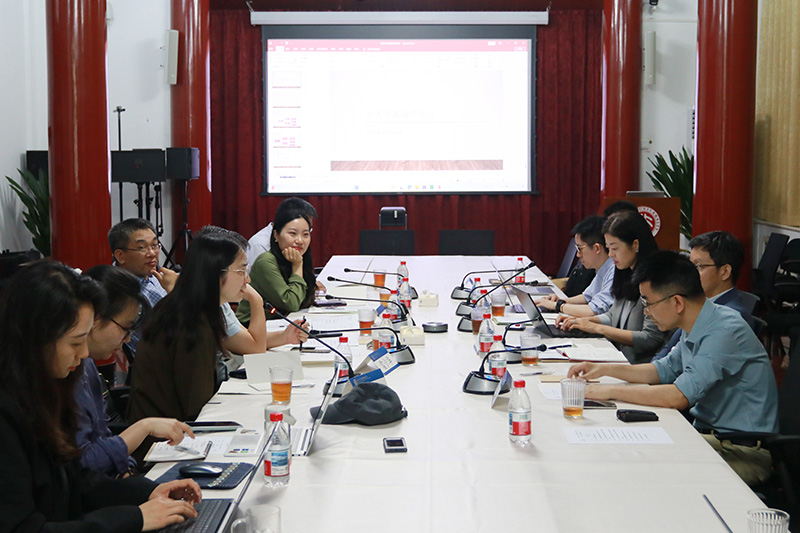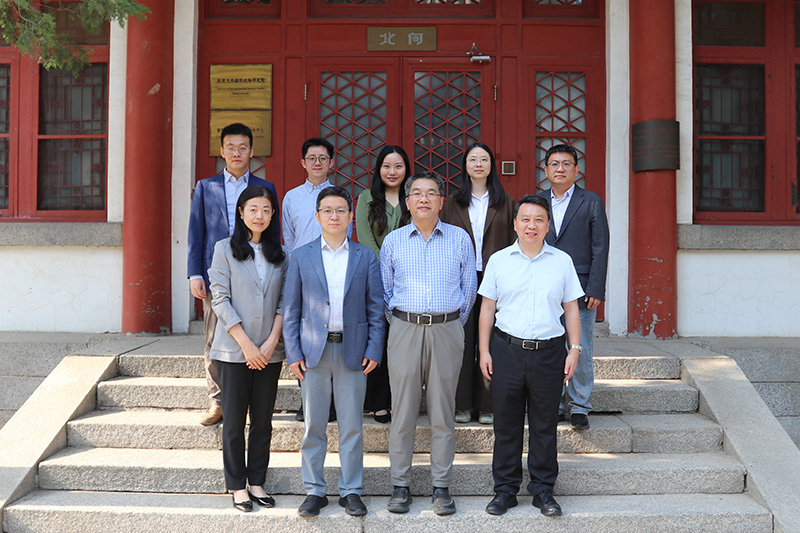On May 13, 2025, the Institute of International and Strategic Studies (IISS), Peking University (PKU) held a seminar titled “‘Tariff War’ and Economic Diplomacy in a Disordered World” at North Pavilion, which also marked the 25th session of the North Pavilion Salon.

The seminar invited experts and scholars from the Chinese Academy of Social Sciences, the China Institute of International Studies, the Party School of the CPC Central Committee, Peking University, Tsinghua University, Renmin University of China, Beijing Foreign Studies University, and other universities and research institutions for extensive discussions. Gui Yongtao, Vice President of IISS, PKU, attended the meeting and delivered remarks. The seminar was chaired by Wu Xiangning, Associate Professor at the Faculty of Social Sciences, University of Macau.

The “North Pavilion Salon” aims at promoting deepened dialogue between theoretical and policy research, providing a platform for exchange of ideas among young and middle-aged scholars. At this session, experts focused on “Tariff War” and Economic Diplomacy in a Disordered World, with discussions centering on the strategic intentions and policy tools of U.S. economic diplomacy, as well as China’s responses. Topics included China–U.S. trade relations, development financing, energy coercion, U.S. technology policy, U.S. economic sanctions, and the international economic order. They noted that in recent years, the U.S. government has accelerated the construction of a multidimensional containment system, systematically blocking and constraining China’s technological upgrading, hastening decoupling in key sectors, politicizing economic and trade issues, securitizing technological competition, and attempting to maintain its technological hegemony and reshape the international economic order through political pressure and coordination with military alliances. However, these policy goals face domestic challenges and are constrained by China’s pivotal role in global supply chains. Experts argued that the tariff war is essentially a microcosm of great power strategic rivalry in a disordered world. In the face of an order being reshaped under the shadow of a technological cold war, China must adhere to long-termism: strengthen its foundations through industrial upgrading, expand opportunities through market openness, and break through barriers via technological innovation, thereby consolidating its competitive advantage in strategic competition.
Editor: Li Fangqi Photographer: Zheng Huaizhou

